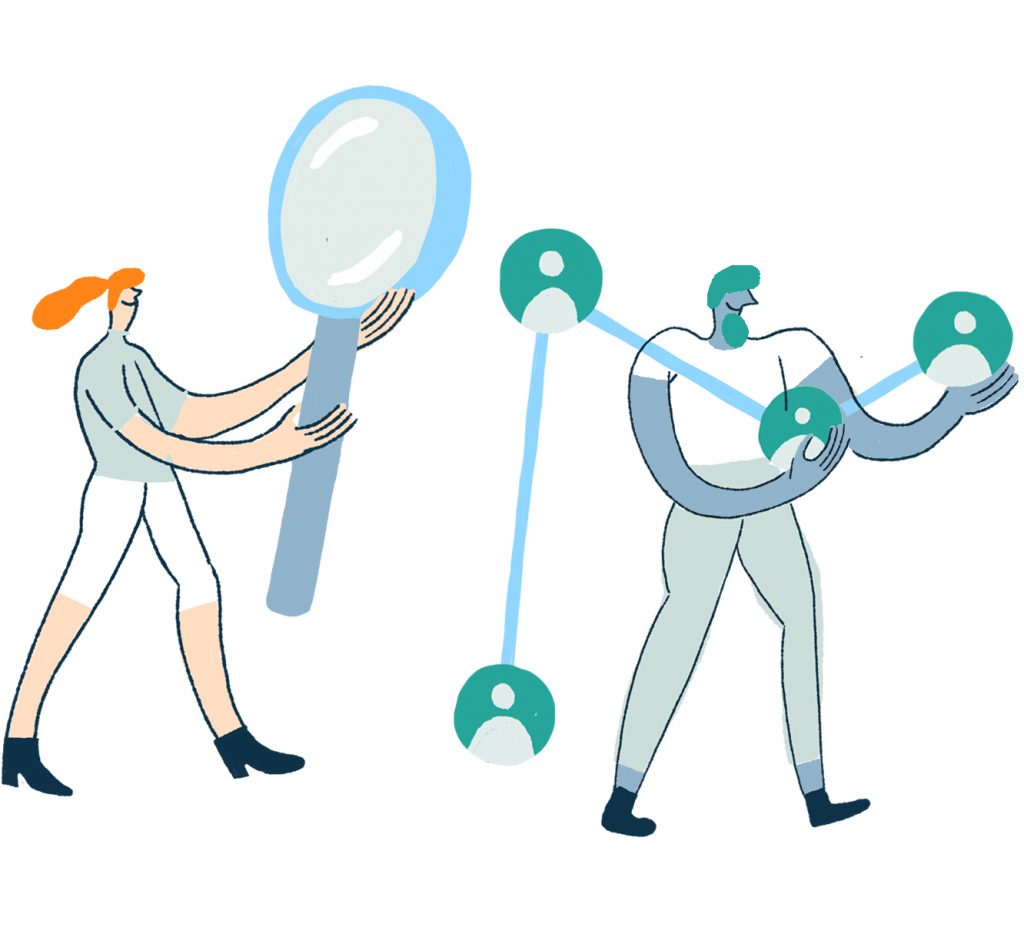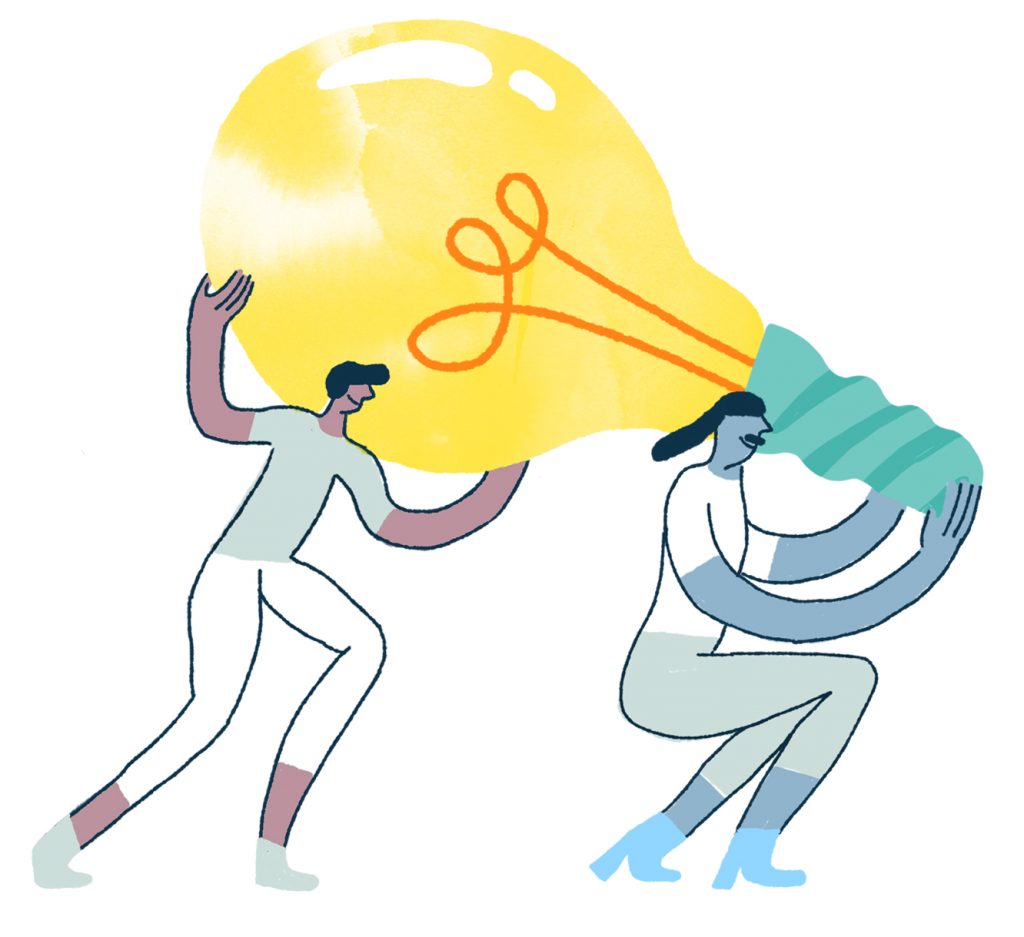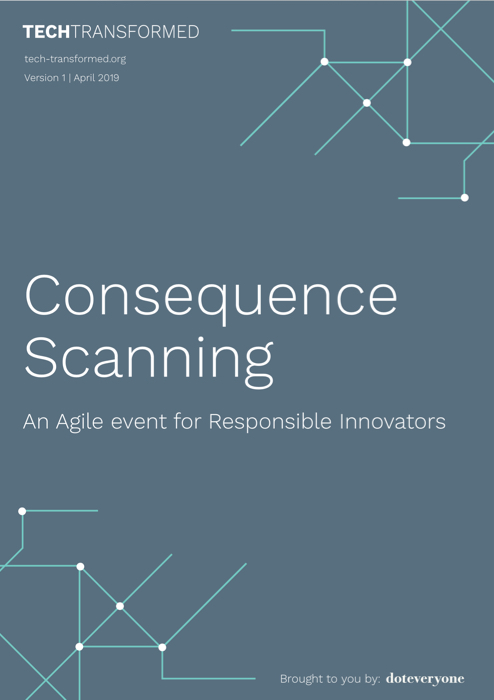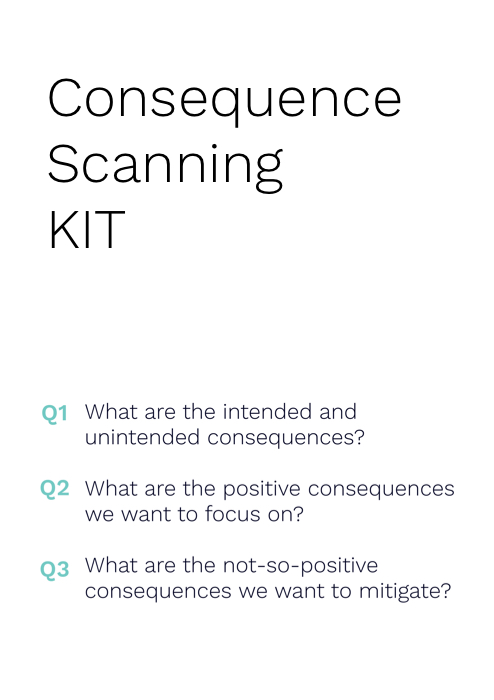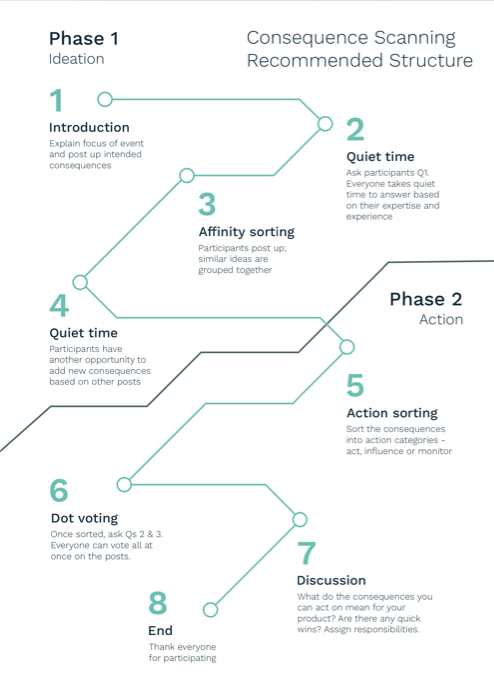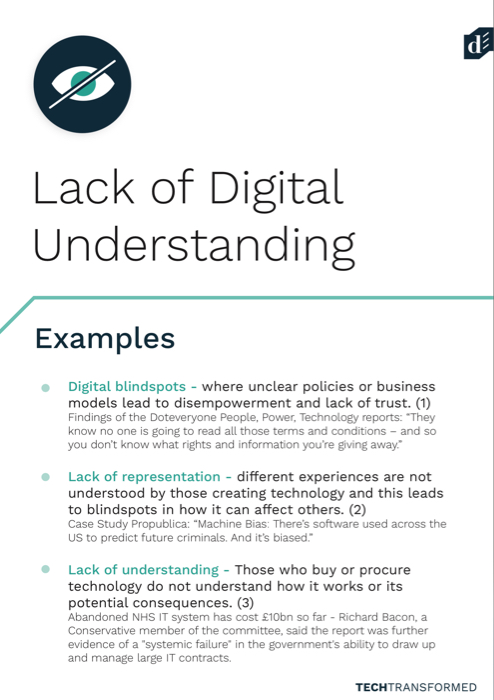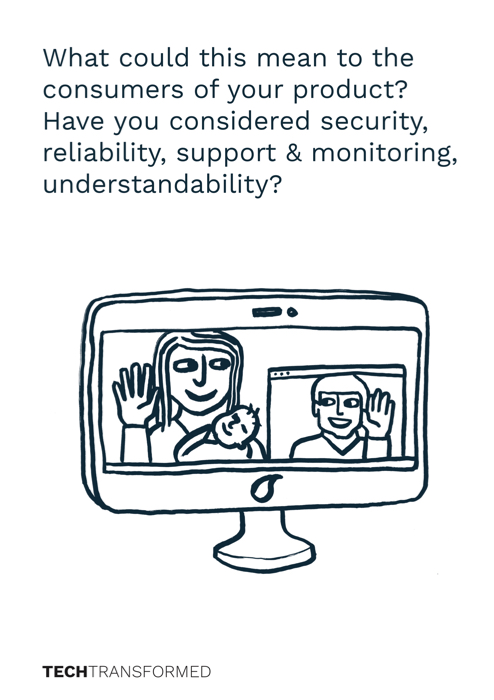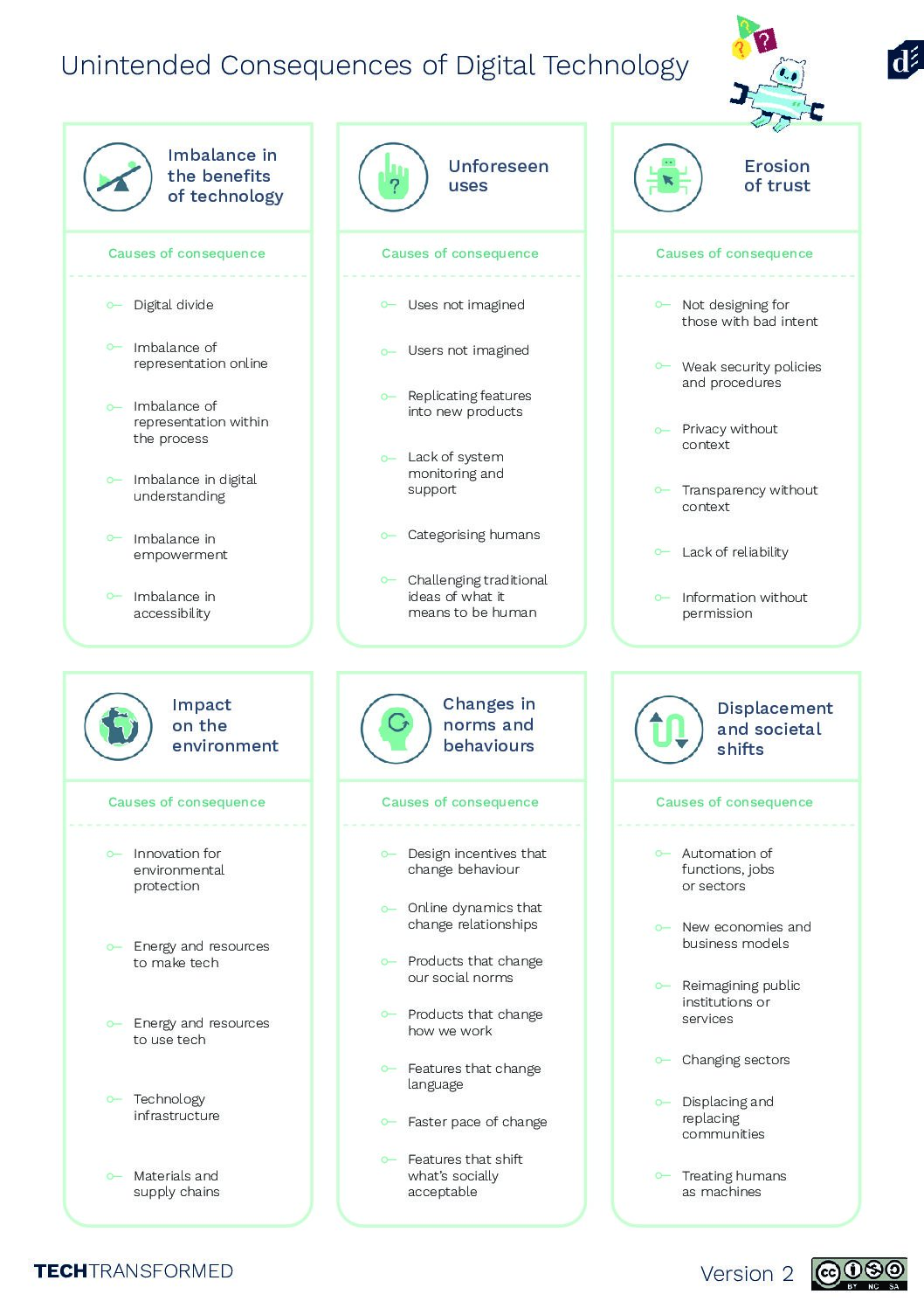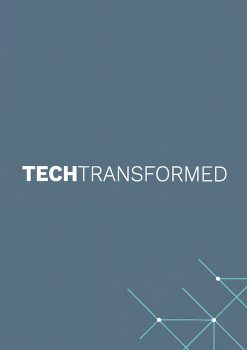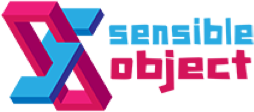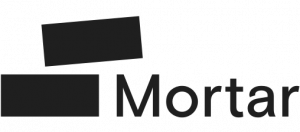Technology has introduced us to new knowledge, wonder and ingenuity. The ability for digital technologies to introduce change at a rapid pace and their potential for impact comes with a lot of responsibility.
Our research shows that nearly two-thirds (63%) of practitioners would like more opportunity to consider the impact of their products on people and society, and three-quarters (78%) would like practical resources to help them.
But they cannot achieve this without ways to raise their concerns, draw on expertise, and understand the possible outcomes of their work. The creation of new technologies needs a mechanism for maximising the positives, mitigating harm, and ensuring a product aligns to an organisation’s values.
Currently, there is no consistent agile method for teams to consider consequences responsibly and at pace, while working in a cross-functional and multidisciplinary way to deliver great products.
Let’s change that.

Consider the consequences
You need to proactively design for the consequences of technology – from user understanding through to security breaches and environmental impact. Consequence Scanning will provide you with the opportunity to focus on the positive aspects of a product and mitigate or address potential harms or disasters before they happen.
A forum for ideation & action
Consequence Scanning is designed to be adaptable and fit in with how you already work as a team. It’s lightweight and simple to understand, yet will challenge your team to think differently. This iterative process happens in two phases: ideation, and action. Ideation is an opportunity to think critically together and to recombine ideas on the consequences of your tech. This practice is intended to surface consequences and ideas that are actionable and can be carried forward by the team.
Ask yourself these questions:
- What are the intended and unintended consequences?
- What are the positive consequences we want to focus on?
- What are the consequences we want to mitigate?
Answering these questions will help your team to share knowledge and expertise and raise concerns in a dedicated and guided format. Doing this will allow you to have important conversations, identify roadblocks, and discover new ideas all while making the best product possible for people and society.
